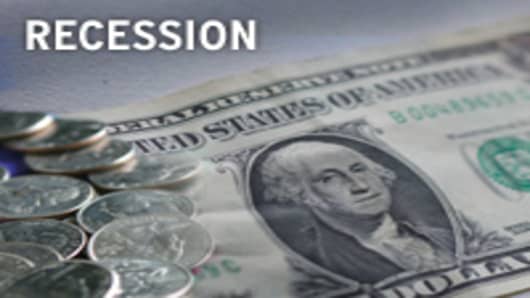The Tea Party is winning big, because the U.S. economy is failing. Voters are disgusted with a mess instigated by Washington spoiling Wall Street and kowtowing to China, and leaders of both major parties appear clueless.
President Obama's obsession with higher taxes for families with incomes over $250,000 a yearand the strident Republican defense of the Bush era tax cuts lay bare the sterile competition between the economic philosophies of the two major parties.
Neither, reckless Keynesian spending and deficits nor supply-side tax cuts and indiscriminant deregulation will rescue the American economy from its quagmire.
Resurrecting America requires addressing structural impediments to growth-the gaping trade deficit with China and self-destructive corporate outsourcing hysteria, the sorry state of the balance sheets at the 8000 regional banks, and the reckless casino culture on Wall Street that is luring local governments into fiscal disaster just as it did homebuyers several years ago.
The economy is likely to grow at less than 3 percent a year-the minimum necessary to bring down the unemployment rate and provide state and local governments with the taxes they need to meet outsized obligations.
That forecast is in line with most other macroeconomists, and assumes no major crisis-for example, a real estate market meltdown as home and commercial property foreclosure sales accelerate, a panic in the municipal or low-grade corporate bond market, or failures among major European banks owing to a collapse in Greeceor some other dodgy locale on the ancient continent. Yet, the likelihood that one of those happens is significant.
Growth at less than 3 percent means no real improvement in the unemployment situation. Forecasting the unemployment rate is difficult, because it depends on both GDP growth and the adult labor force participation rate. The latter is impervious to econometric prognostication.
Just count on unemployment close to 10 percent for a long time, and leading politicians from both parties peddling snake oil, quick fixes and all round demagoguery.


